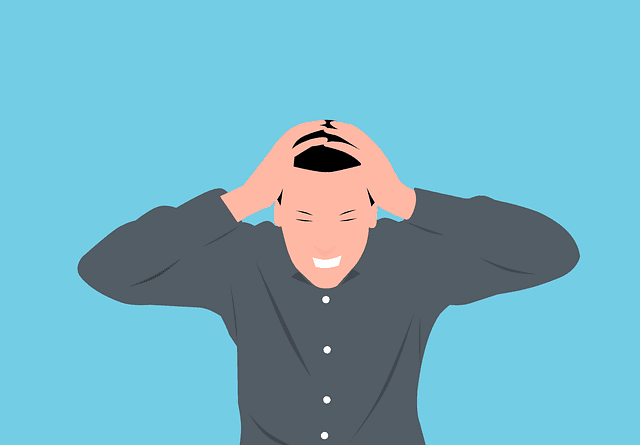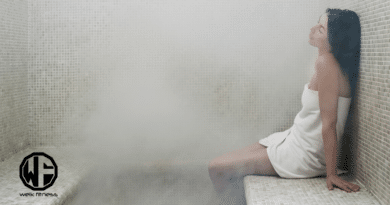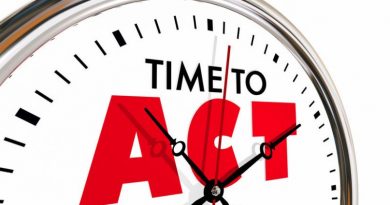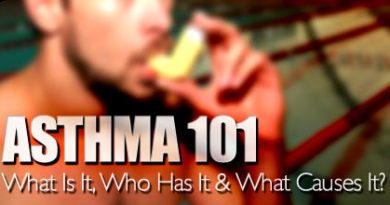Can You Actually Treat a Concussion at Home?
If you go get medical treatment for a concussion, you will most likely be asked to lie down in a dark room until all your symptoms disappear. That’s one of the most common methods that doctors use to treat a concussion. It is because many doctors learned that rest is the best way for patients to heal from a concussion in a safe manner. But that is no longer the best practice. According to research, active management of a concussion seems to show better outcomes.
Disclaimer: If you think you have suffered from a concussion, do not try to treat a concussion by simply using Google and self-diagnosing. It is recommended that you call a medical professional and ask for their expert advice on the next steps. This article is not meant to treat or diagnose any condition. It is merely for informational purposes only. Do not take this as medical advice.
What is a Concussion?
A concussion is a type of brain injury. It can happen when the head suddenly and violently hits an object or when an object pierces the skull and enters brain tissue. A concussion can also occur when the head and upper body are shaken back and forth.
Related Article: Can Exercise Benefit Brain Injuries?
The severity of a concussion can vary. Some people recover quickly with no lingering effects. Others may have headaches, memory problems, trouble concentrating, and other issues that last for days or weeks.

Signs and Symptoms of a Concussion
A concussion can show many various signs that something isn’t right. Some of the signs and symptoms of a concussion may include:
- Abnormal behavior
- Differently sized pupils
- Loss of consciousness
- Seizures
- Clear fluid coming from the ears or nose
- Severe weakness
- Vomiting more than once
- Loss of feeling in any part of the body
- Persistent, severe balance problems
- Headache (this is often the main symptom, and it can be mild but usually gets worse with activity)
- Dizziness (you may feel faint when you stand up, even if you haven’t been lying down for long periods of time, or you might feel like the room is spinning or that your surroundings are moving around you)
- Memory problems (such as having difficulty recalling what happened just before or after your injury)
- Confusion (for example, not knowing where you are)
- Slowness in thinking, speaking, or reacting (for example, taking longer than usual to answer simple questions)
- Fatigue (tiredness, which may make it hard to complete simple tasks at home, school, or work)
- Sensitivity to light and noise (for example, needing sunglasses indoors or turning up the radio when there’s background noise)
Click here to check out a great book on how to recover from a concussion.
What You Should Do After a Concussion
What you do after a concussion is dependent on how severe the injury is. If there is significant bleeding or any of the other emergency symptoms mentioned above, you should consult a health care provider immediately.
If you notice that you are not in immediate danger, then you have a choice. You can go to a doctor or a concussion clinic to get an official diagnosis along with personalized guidance. You can also try to treat a concussion at home (again, do this at your own risk).
Click here to continue reading…


*Disclosure: This article may contain affiliate links or ads, which means we earn a small commission at no extra cost to you if you make a purchase through these links. These commissions help support the operation and maintenance of our website, allowing us to continue producing free valuable content. Your support is genuinely appreciated, whether you choose to use our links or not. Thank you for being a part of our community and enjoying our content.
PLEASE CONSIDER SHARING THIS ON YOUR SOCIAL MEDIA TO HELP OTHERS LEARN MORE ABOUT THIS TOPIC.





